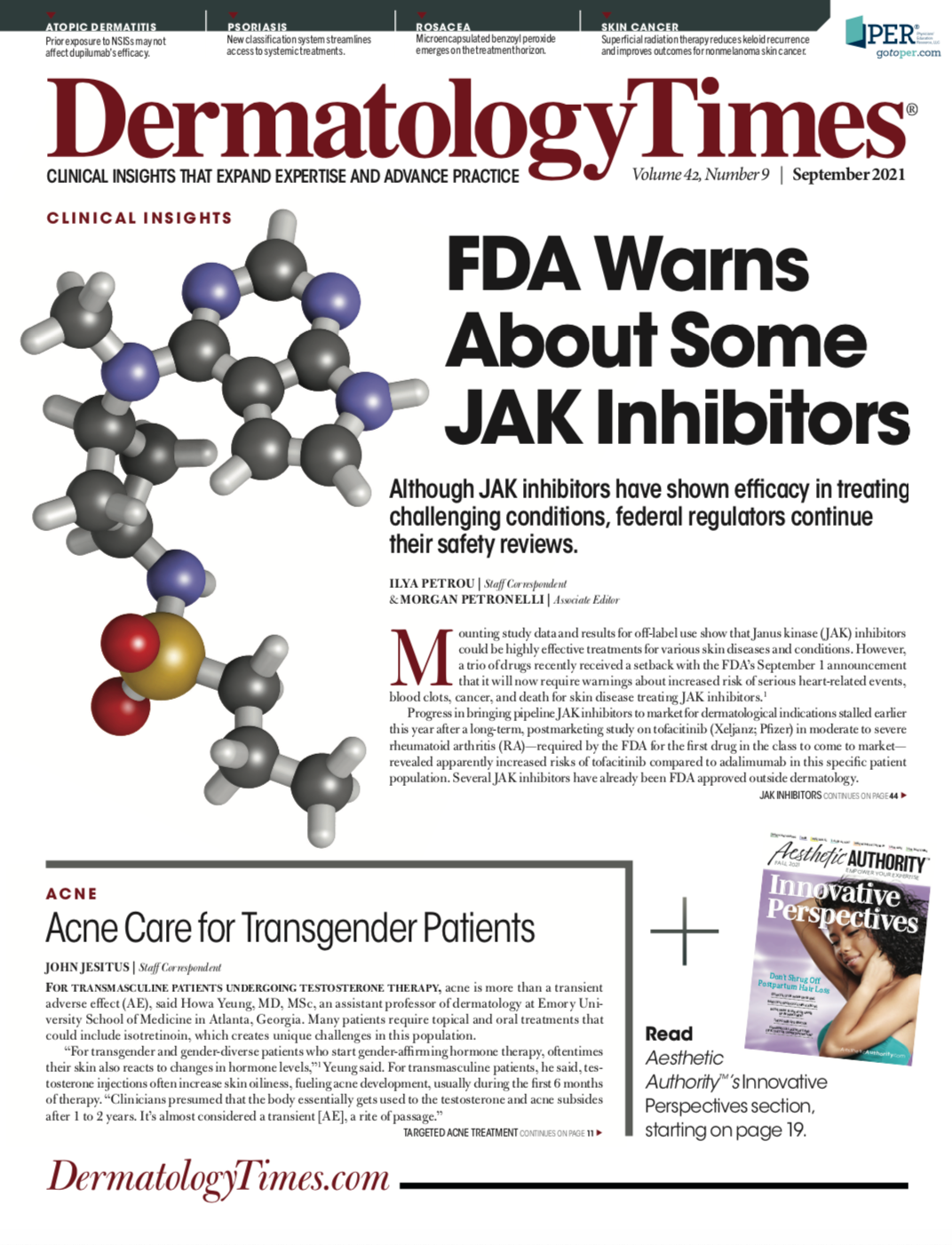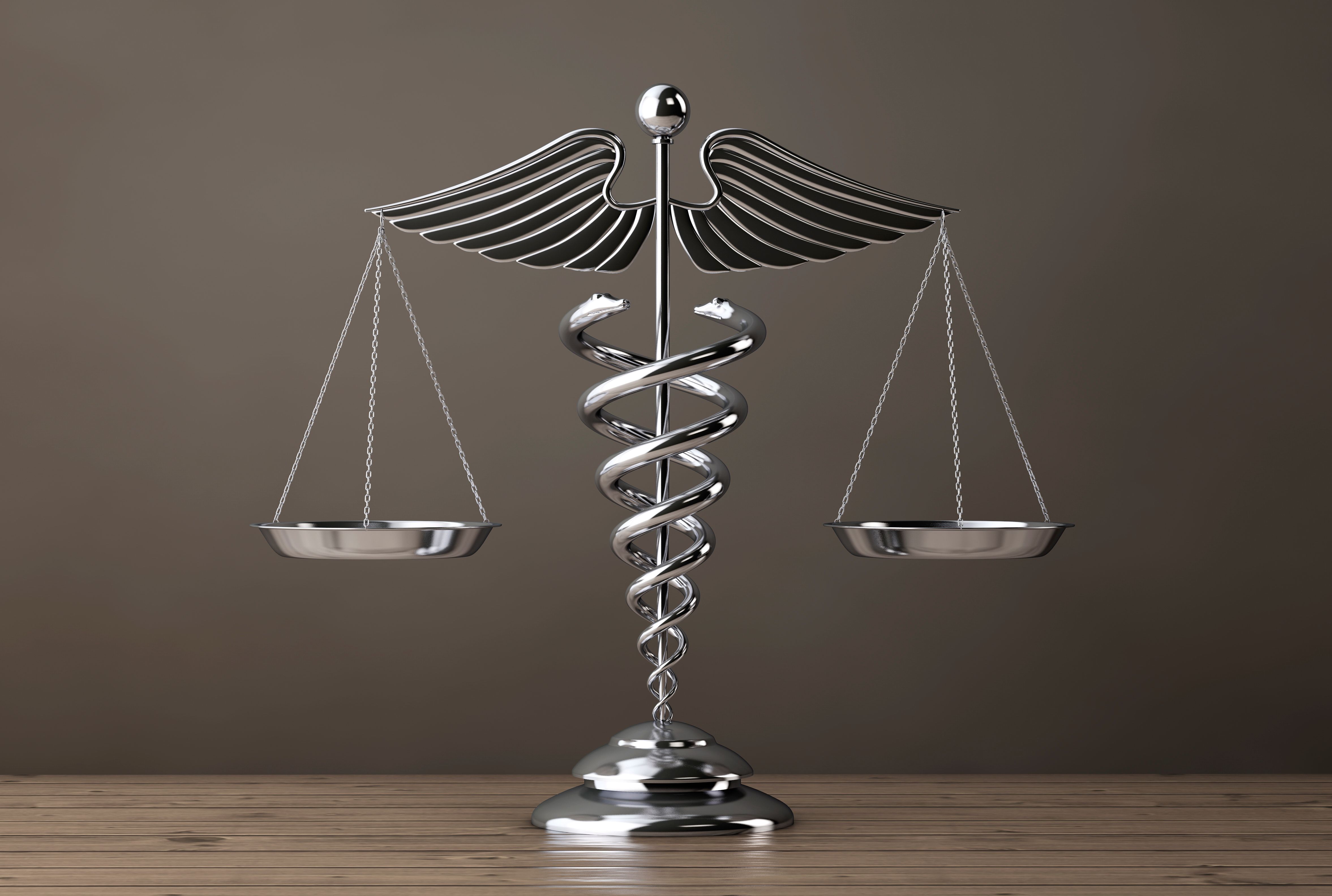- Case-Based Roundtable
- General Dermatology
- Eczema
- Chronic Hand Eczema
- Alopecia
- Aesthetics
- Vitiligo
- COVID-19
- Actinic Keratosis
- Precision Medicine and Biologics
- Rare Disease
- Wound Care
- Rosacea
- Psoriasis
- Psoriatic Arthritis
- Atopic Dermatitis
- Melasma
- NP and PA
- Skin Cancer
- Hidradenitis Suppurativa
- Drug Watch
- Pigmentary Disorders
- Acne
- Pediatric Dermatology
- Practice Management
- Prurigo Nodularis
- Buy-and-Bill
Publication
Article
Dermatology Times
Legal Eagle: Website Slander
Author(s):
In this month's Legal Eagle column, David J. Goldberg, MD, JD, explores patient reviews and how to handle negative/false reviews that are anonymous.
Dr Derm not only is a 50-year-old, highly successful dermatologist, but he is also known as one of the friendliest physicians in his area. His patients, young and old, love his warmth. Countless accolades describe how warm he is and how his “hugs” have made many a sad patient happy.
David J. Goldberg, MD, JD, director of Skin Laser & Surgery Specialists of New York and New Jersey, past director of Mohs and laser research at Icahn School of Medicine at Mount Sinai, and adjunct professor of law at Fordham University School of Law in New York, New York.

He is also quite internet savvy. He tinkers with his own website. He finds that many patients come to his office both because of his quality of care and his presence on the internet.
He often tells his peers how wonderful internet marketing is until one day he finds out that a disgruntled, anonymous patient has slandered his reputation on the web. This patient not only accused him of poor medical practice but also of inappropriately hugging her. The patient described behavior that would be in violation of federal and state statutes. Dr Derm categorically denies the accusation and is concerned that this malicious act may ruin his career. The wonders of the internet now have become the curse of the internet. What can he do?
Unfortunately, because of privacy laws, when an anonymous patient posts a scathing review on a website, a physician has little recourse. Equally unfortunately, many physician review sites are as likely to misinform as they are to inform. For example, if a patient complains online that Dr Derm’s surgical excision opened only 2 days after dermatologic surgery, there is no way for anybody to know whether the patient had performed strenuous exercise. The reviewers on these sites are generally not patients. There are known instances of physicians being accused online by their competitors of being child molesters. Similarly, laudatory online comments can be written by the physician.
One way to try to work around such frivolous online statements is to have patients sign a waiver that has them promise, in the event they are not happy with their care, that they will not post online comments to that effect. The way such contracts are enforceable is as follows. In general, websites acting as platforms for outside commentary are not liable for defamation suits but they are generally subject to copyright laws. Waivers can be written to assign copyright to the treating physician. If the treating physician asks the patient to sign such a “copyright” waiver, the physician can claim ownership of any anonymous review of the practice and demand that such an online review be removed.
There are now examples of websites removing such deleterious copyrighted comments. Needless to say, not all patients will agree to sign such a waiver. Some may feel such waivers are simply gag orders. The reality is that disgruntled patients are free to speak with family, friends, other physicians, lawyers, hospital peer review committees, or credentialing committees. There are also a wide range of appropriate places where patients can express their views. Alternatively, waivers can be designed to allow disgruntled patients to express their views only on sites such as RealSelf.com. These sites generally take a more fair and balanced view.
Barring anonymous sites would be ideal. However, that is unlikely to happen. At the very least, it would be ideal if internet sites could verify that the “reviewer” is in fact a patient of the physician he or she is criticizing (or praising). In an ideal situation, reviews should focus on those issues about which a patient would be expected to be knowledgeable, such as waiting time, appropriate parking, or being treated rudely by the physician and/or staff.
Commenting on physician technique or results is an entirely different issue. Having said that, an accusation of inappropriate behavior in the current political environment brings another layer of scrutiny. Dr Derm may feel hugging his patients is appropriate; it is not. No matter what his intent, such behavior can be misconstrued as inappropriate. He must hope that others do not make similar allegations. If such complaints amass, no “waiver” will help. He is likely to be scrutinized by multiple governmental agencies, may lose his license, and go to jail.







